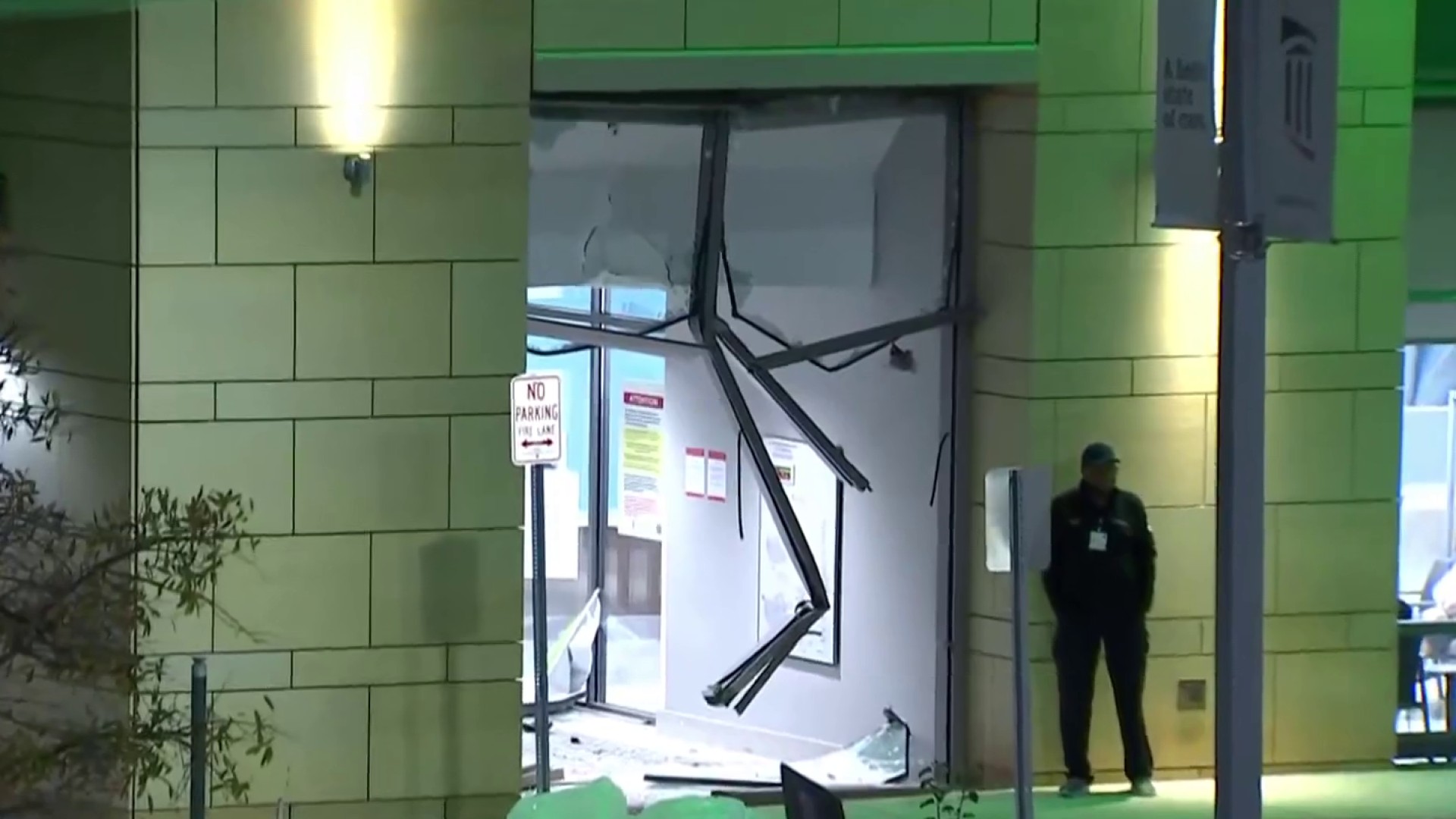The nation’s report card detailed how academic test scores across the U.S. plummeted since the pandemic began, and students in the D.C. area were not spared.
Every single state saw math or reading scores decline in the latest results from the National Assessment of Educational Progress (NAEP), the Associated Press reported.
In the DMV, some of the largest decreases compared to 2019 include:
- In D.C., 4th-grade math scores dropped 12 points
- In Maryland, 8th-grade math scores fell 11 points
- In Virginia, 4th-grade math scores declined 11 points
- In West Virginia, 8th-grade math scores went down by 12 points
A 10-point gain or drop, researchers tell the Associated Press, is roughly equivalent to a year’s worth of learning, making this an unprecedented decline.
There are also troubling figures with reading scores, particularly among younger students. D.C., Maryland and Virginia are among 30 areas where scores fell among fourth graders. While reading scores remained stable for eighth grades in D.C. and Virginia, they fell in Maryland.
“The last few years have been very, very difficult in American education,” said Dr. Michael Feuer, the dean of George Washington University’s graduate school for education.
Local
Washington, D.C., Maryland and Virginia local news, events and information
Feuer said he is concerned about the amount of time it might take to get students back on track academically, calling it a "group effort to help kids do better."
Christina Grant, D.C.’s state superintendent of education, said that D.C. already knew its scores were low. But she remains hopeful that the District’s efforts of investing millions in extra tutoring and hands-on learning will help make up the deficit.
“I can tell you one thing. Children are very happy to be in school. Their teachers are happy to be there with them and that’s the work of recovery,” she said.
Grant said that students and educators can’t blame themselves for the learning gap — since everyone was new to navigating a global pandemic.
Peggy Carr, the Commissioner of the National Center for Education Statistics, said there are no measurable differences in performance between districts and states who stayed in remote learning longer than others.
With these results, local officials are addressing what these declines mean for public education systems and school districts.
Maryland Gov. Larry Hogan said that he was unsurprised but still disappointed by the low scores, sharing Youngkin’s criticism of keeping kids out of school for long periods of time, WBAL reported.
“But we know that the pandemic was disastrous for kids. That's why we were fighting against the local school boards who wouldn't open the schools,” Hogan said. “It had a devastating impact on kids being out of school for that long, and it's going to take a while to dig out from.”
Virginia Gov. Says Test Scores Are a 'Wake-Up Call'
Virginia Gov. Glenn Youngkin criticized the low test scores in a press release, calling them a “wake-up call” and redoubling the Commitment to Virginians to get learning back on track.
“Every parent in Virginia is now acutely aware that when my predecessors lowered educational standards, those lowered expectations were met. Virginia’s children bear the brunt of these misguided decisions," Youngkin said. “These actions were compounded by keeping children out of school for extended and unnecessary periods.”
According to an analysis of Virginia's results by the Youngkin administration, 4th graders in Virginia between 2017 and 2022 saw the largest declines in reading and math in the nation. And for the first time in decades, Virginia’s 4th grade students fell below the national average in reading and are barely above the national average in math, the administration said.
Youngkin, who has long been sharply critical of policy changes made under the previous two Democratic governors, outlined seven steps he said his administration would pursue in an effort to address the falling performance, including overhauling the state's school accreditation system and strengthening its pipeline of teachers.
He also directed Superintendent of Public Instruction Jillian Balow to require all school divisions to update their spending plans for federal recovery funds, saying multiple school districts have over $100 million unspent.
“The money is in the bank. It should be spent on things that will get our kids back on track for success,” he said.
Dr. James Fedderman, president of the Virginia Education Association, a union of teachers and support staff, said in a statement that Youngkin's proposals fall short, including by failing to offer "a dime of new spending.”
“Addressing our real challenges in public schools will take real targeted investments in what’s proven to work: competitive pay, adequate support staff, after school activities, teacher mentorship programs, small class sizes, and modern school infrastructure,” Fedderman said.
Senate Democrats accused the governor, who has been zipping around the country in recent months to campaign with GOP midterm candidates, of politicizing the issue and pointing fingers.
“In a time where we need proper leadership from the governor, instead of taking time off the road to find solutions to learning loss problems in Virginia’s schools, he’d instead place the blame on previous administrations," said Sen. Louise Lucas, who chairs the Senate Education and Health committee. “While Youngkin is trying to prove he is fit for national leadership, he isn’t dealing with the problems in his Commonwealth."
NAEP began testing fourth- and eighth-graders on their math and reading skills in 1969, completing the study every two years. Results tended to stay the same or improve, until the pandemic, when students were forced to learn virtually and typical academic standards were nearly impossible to uphold.



